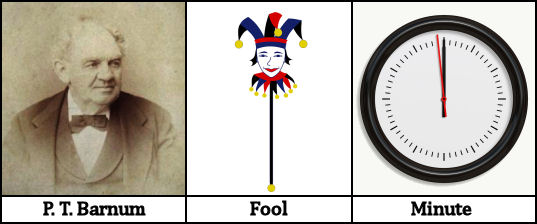Nathaniel Hawthorne? Henry David Thoreau? L.? Apocryphal? Anonymous?
Question for Quote Investigator: An ingenious and lovely simile about happiness is confusingly attributed to two prominent literary figures: Nathaniel Hawthorne and Henry David Thoreau. Here are two versions:
Happiness is like a butterfly which, when pursued, is always beyond our grasp, but which, if you will sit down quietly, may alight upon you.
Happiness is like a butterfly: the more you chase it, the more it will elude you, but if you turn your attention to other things, it will come and sit softly on your shoulder.
Who do you think really originated this analogy?
Reply from Quote Investigator: QI believes that neither of these gentlemen was responsible for this figurative language. The earliest evidence known to QI was published in several periodicals beginning in 1848.
In June 1848 a newspaper called “The Daily Crescent” in New Orleans, Louisiana printed a set of sixteen definitions for terms such as “Love”, “Faith”, “Truth”, “Wealth”, and “Experience”. The article was labelled “For the Crescent”, so this article may have been the original publication. The author was only identified by the single initial “L”.
The butterfly metaphor was presented within the definition for “Happiness”. Here’s a sampling of three definitions. Emphasis by QI:1
LOVE.—The electric spark communicating between two human galvanic batteries.
WEALTH.—The sum which gives content, whether one dollar or a million.
HAPPINESS.—A butterfly, which when pursued, seems always just beyond your grasp; but if you sit down quietly, may alight upon you.
The mistaken ascription to Nathaniel Hawthorne appeared many years later and was probably based on the misreading of an ambiguous entry in a book of quotations published in 1891. The details are given further below.
Here are additional selected citations in chronological order.
Continue reading “Quote Origin: Happiness Is A Butterfly, Which When Pursued, Seems Always Just Beyond Your Grasp”